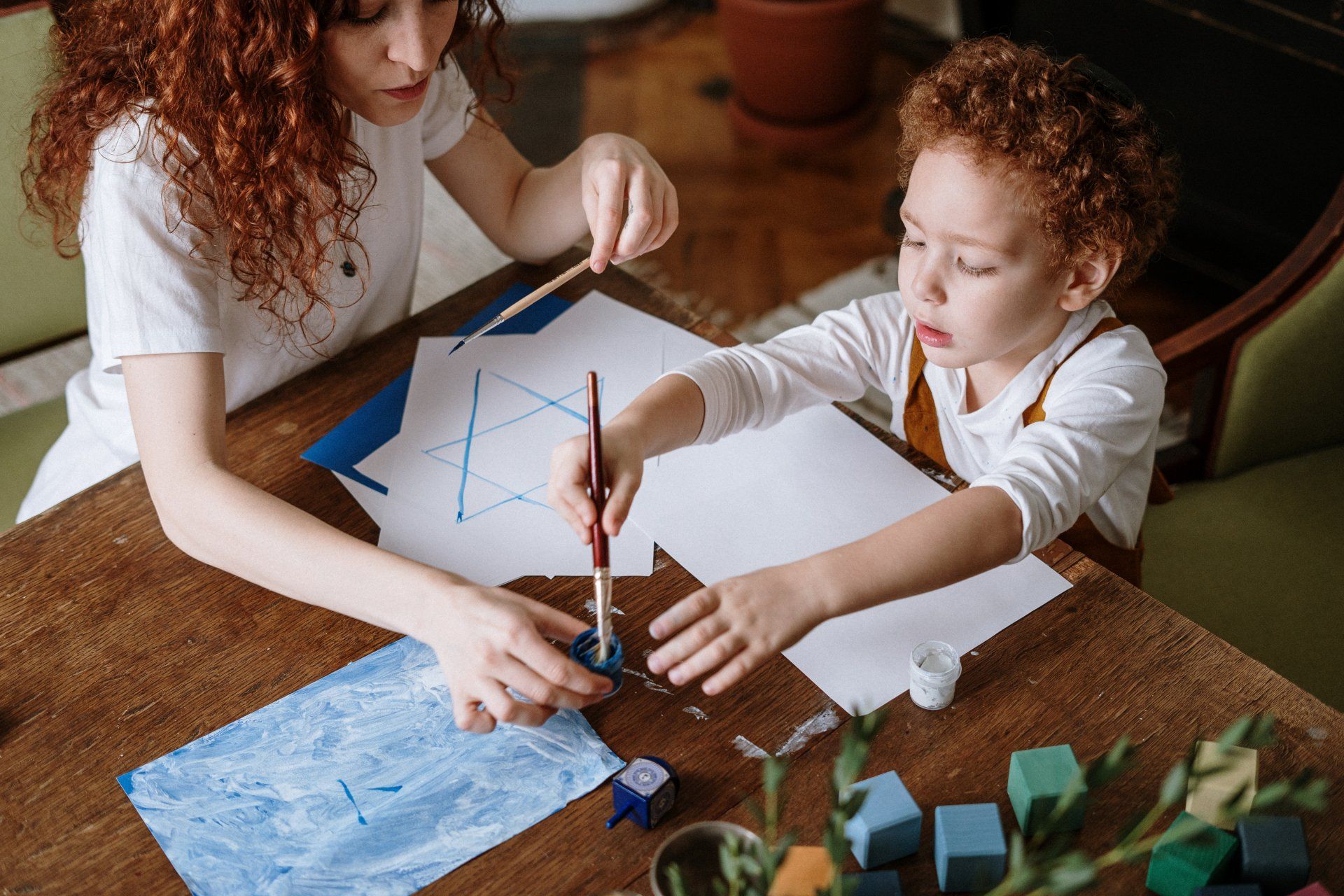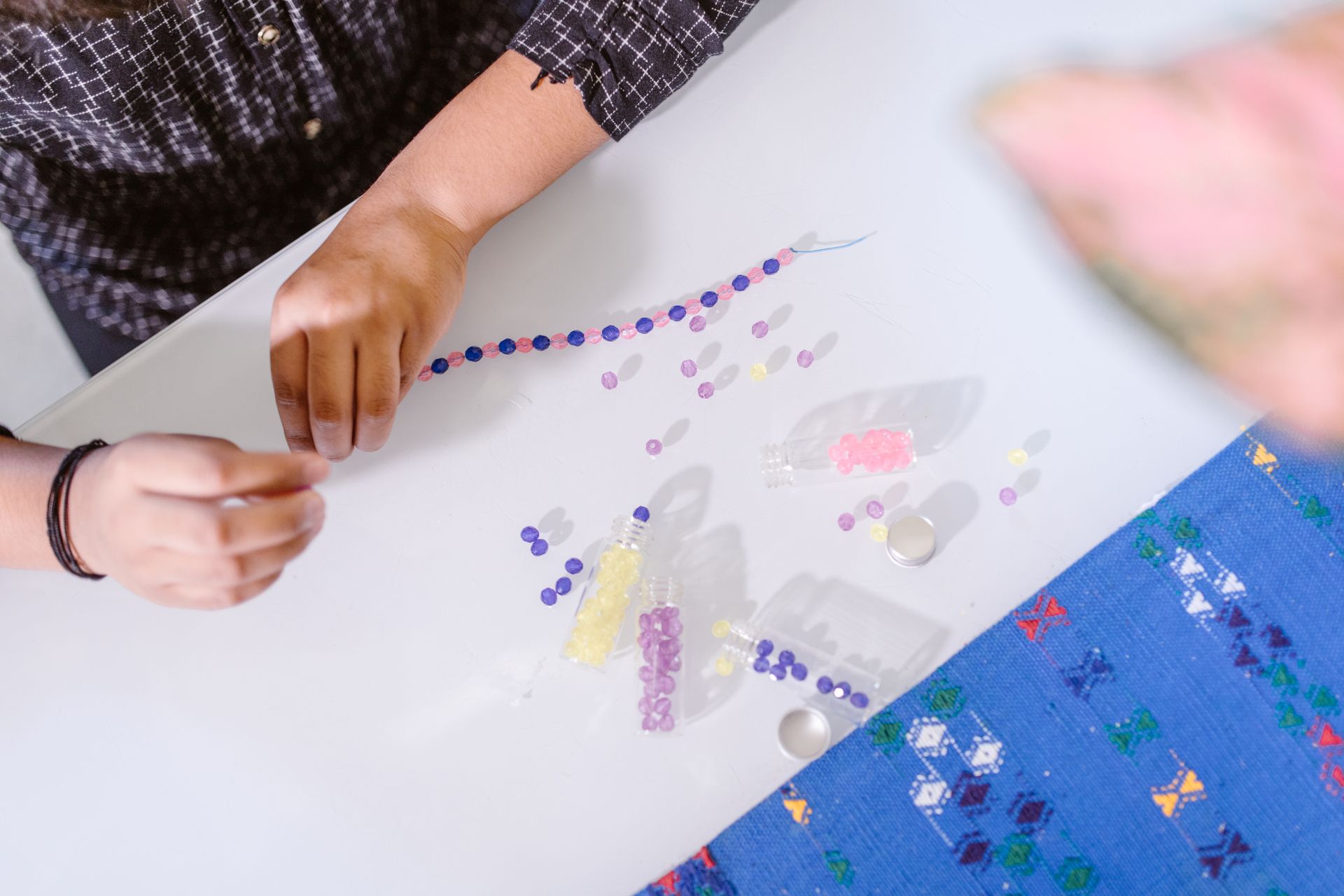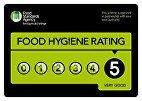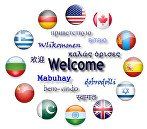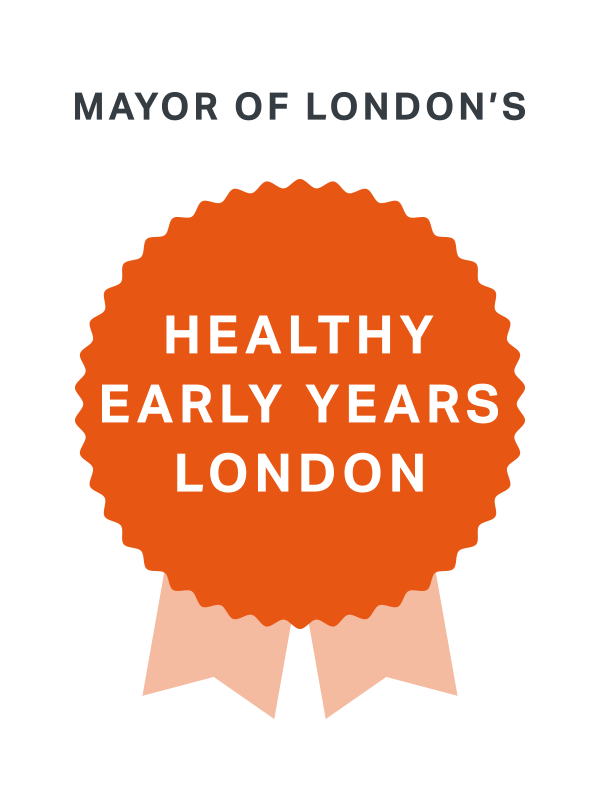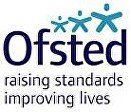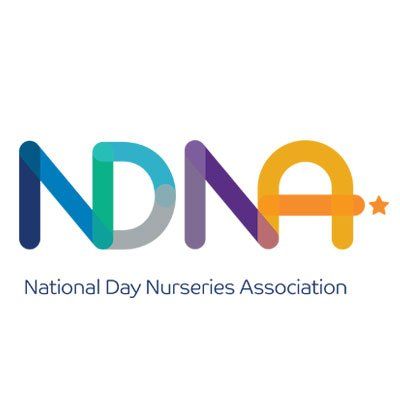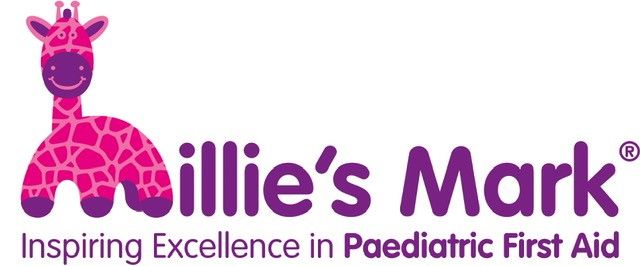Enhancing Early Language Development in Toddlers
Boosting Language Skills in Toddlers

Language development is a critical aspect of a child's early years, laying the foundation for future communication and learning. This guide aims to help parents and educators understand the stages of language development, the importance of early language skills, and practical strategies to support toddlers in developing strong language abilities.
The Guide for Parents and Carers
1. Understanding Early Language Development Language development in toddlers typically follows a predictable pattern, with significant milestones. These include babbling, first words, simple sentences, and more complex speech. Recognising these stages helps parents and educators provide the right support at the right time.
2. The Importance of Early Language Skills Early language skills are crucial for a child's cognitive development, social interactions, and academic success. Children with strong language abilities are better equipped to express their needs, understand others, and build relationships.
3. Practical Activities to Enhance Language Development Parents and educators can use various activities to promote language skills in toddlers:
- Reading Aloud: Regularly reading books to children helps expand their vocabulary and comprehension.
- Talking and Narrating: Engage toddlers in conversations about their surroundings and daily activities.
- Songs and Rhymes: Singing nursery rhymes and songs enhances phonemic awareness and memory.
- Interactive Play: Use toys and games that encourage verbal interaction and storytelling.
4. Strategies for Parents to Support Language Development Parents can play a pivotal role in enhancing their child's language skills:
- Responsive Communication: Respond to your child's attempts to communicate, even if it's just babbling.
- Expand Vocabulary: Introduce new words during everyday activities and explain their meanings.
- Ask Open-Ended Questions: Encourage your child to think and express themselves by asking questions that require more than a yes or no answer.
- Limit Screen Time: Ensure that screen time is balanced with interactive and engaging activities that promote language use.
5. Role of Educators in Promoting Language Skills Educators can create a language-rich environment in early childhood settings through:
- Interactive Storytelling: Use puppets, props, and expressive reading techniques to make stories engaging.
- Language Games: Incorporate games that involve matching words, identifying sounds, and constructing sentences.
- Peer Interactions: Encourage group activities that require communication and collaboration among children.
- Regular Assessments: Monitor language development progress and provide targeted support as needed.
Conclusion:
Supporting early language development in toddlers is essential for their overall growth and future success. By understanding the stages of language development and implementing practical strategies, parents and educators can foster a rich language environment that promotes effective communication skills. Together, we can help toddlers build a strong foundation for their linguistic and cognitive abilities.
FAQ:
Q1: What are the stages of early language development in toddlers?
A1: The stages include babbling, first words, simple sentences, and more complex speech patterns.
Q2: Why are early language skills important?
A2: Early language skills are crucial for cognitive development, social interactions, and academic success.
Q3: What activities can enhance language development in toddlers?
A3: Reading aloud, talking and narrating, singing songs and rhymes, and interactive play are effective activities.
Q4: How can parents support language development at home?
A4: Parents can engage in responsive communication, expand vocabulary, ask open-ended questions, and limit screen time.
Q5: What role do educators play in promoting language skills?
A5: Educators can create a language-rich environment through interactive storytelling, language games, peer interactions, and regular assessments.
GLOBAL KIDS DAY CARE LIMEHOUSE
Lascar Wharf Community Centre, Limehouse, London, E14 7FN. | Tel: 0207 001 1210 Email: limehouse@globalkidsdaycare.co.uk
GLOBAL KIDS DAY CARE MILE END
21 Burdett Road, Mile End, London, E3 4TU. | Tel: 0208 980 1706 Email: mile-end@globalkidsdaycare.co.uk
GLOBAL KIDS DAY CARE ALDGATE EAST
52 Old Castle Street, Aldgate East, London E1 7AJ. | Tel: 0203 302 7800 / Mobile: 07823 770035 | Email: aldgateeast@globalkidsdaycare.co.uk
Opening Times: 8am - 6pm



